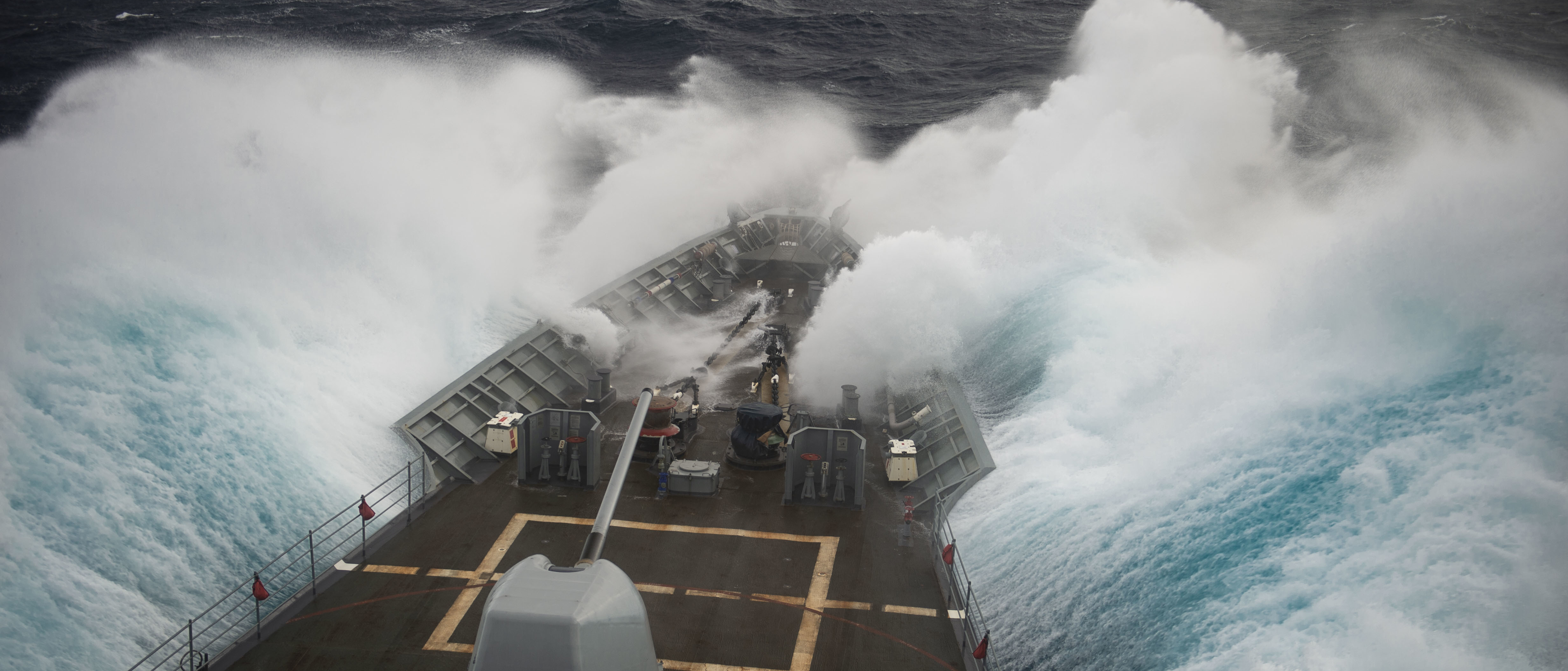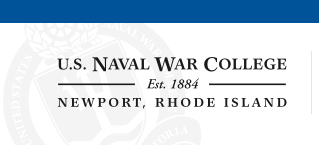
RMSI Research
The last decade has seen the reemergence of Russia from its post-Cold War malaise. In this environment, it is vital that the U.S. and its partners develop a clear understanding of the strategic and operational factors that shape Russia’s approach to maritime issues and that drive Russian military and foreign policy decision making.
-

Fundamentals of the State Policy of the Russian Federation in the Area of Nuclear Deterrence
Russia Maritime Studies Institute, Anna Davis, and Richard Moss
On 19 November 2024, Russian Federation President Vladimir Putin signed a decree approving the revised "Fundamentals of the State Policy of the Russian Federation in the Area of Nuclear Deterrence." This version supersedes the one published in 2020 and includes several changes to the State Policy.
-

Foundations of the Russian Federation State Policy in the Arctic for the Period up to 2035
Russia Maritime Studies Institute, Anna Davis, and Ryan Vest
Current Foundations is a strategic planning document to ensure the national security of the Russian Federation (hereinafter national security) and is designed to defend the national interests of the Russian Federation in the Arctic. Current Foundations defines the goals, main trends and objectives, as well as the means for implementing the State Policy of the Russian Federation in the Arctic.
-

Strategy for the Development of Maritime Activities of the Russian Federation until 2030
Russia Maritime Studies Institute, Anna Davis, and Ryan Vest
Russia is taking a systematic approach to developing its presence in the maritime domain. Three documents published by Moscow since 2015 provide the roadmap for Russia’s global maritime ambitions. These are the Maritime Doctrine of the Russian Federation (2015), the Fundamentals of the State Policy of the Russian Federation in the Field of Naval Operations to 2030 (2017), and this document, the 2019 Strategy for the Development of Russia’s Maritime Activities to 2030. The Maritime Doctrine and the Naval Fundamentals articulate high-level policy objectives and provide a set of ways and means for achieving those objectives. In contrast, the Strategy focuses on implementation challenges as well as ways to determine measures of effectiveness in achieving the ends stated by its predecessor documents.
-

Nuclear Stability with Russia and North Korea Workshop Write-Up
Russia Maritime Studies Institute
On January 12th, the college convened a group of nuclear stability and regional experts in Newport, Rhode Island for an unclassified discussion of the incentives U.S. adversaries might have for nuclear first use. Our aim was to identify the most probable and most dangerous pathways as well as the impetus for nuclear use. Based on these pathways, we generated a series of policy recommendations for the U.S. national security community and the U.S. Navy.
-

The Fundamentals of the State Policy of the Russian Federation in the Field of Naval Operations for the Period Until 2030
Russia Maritime Studies Institute and Anna Davis
The Fundamentals of the State Policy of the Russian Federation in the Field of Naval Operations for the Period Until 2030 reflects the Russian Federal Navy’s (RFN) improved capabilities, its evolving strategic and operational role, and its future ambitions. Signed on July 20, 2017 by President Vladimir Putin, it provides a series of guideposts for understanding the RFN’s future, as well as broader insight into how Moscow approaches issues of national and international security.
-

Russian-Syrian Naval and Air Basing Agreements, 2015-2020
Russia Maritime Studies Institute, Anna Davis, and Richard Moss
Since Moscow’s formal intervention in the Syrian conflict in September 2015, the Russian Federation and the Syrian Arab Republic have concluded a 49-year lease for the use and expansion of the naval base at Tartus, and a separate agreement on stationing the Russian “aviation group” at Humaymim airfield in Syria. These agreements build off longstanding Russian-Syrian ties, treaties, and cooperation agreements, and form the legal basis for Russia’s long-term presence in Syria. Further, the agreements denote the rights and protections Russian military members and contractors enjoy in Syria.
-

The 2015 Maritime Doctrine of the Russian Federation
Russia Maritime Studies Institute and Anna Davis
The 2015 Maritime Doctrine of the Russian Federation is arguably one of the most important doctrinal statements to emerge from that country in recent years. It is in any case Russia’s most important recent articulation of its maritime interests and goals, and therefore provides insight into how Moscow envisions Russia’s global role. Yet because of the challenges of reading Russian and the absence of a publicly available translation of this essential document, western understanding of it is largely limited.

